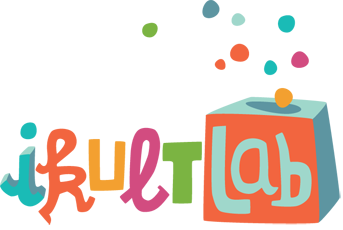The methods of ethno-musicological research is an important tool to lupe less familiar cultures and to get a open access to unknown music and dance forms. Do we know our traditional music / folk music really? What does the music of “the other” to us? Why can be music so “diverse”. And what does a specific music for me, for him and for her mean? Can be music understood differently? We rarely have a chance in life to practice traditional music / folk music and to experience it in its original “function”. Getting to know various music and dance traditions not only increases the curiosity of children in long term, but lays the foundation for later conscious understanding of the relationship between art and folk music, art and society, between the approaches of different cultures.
